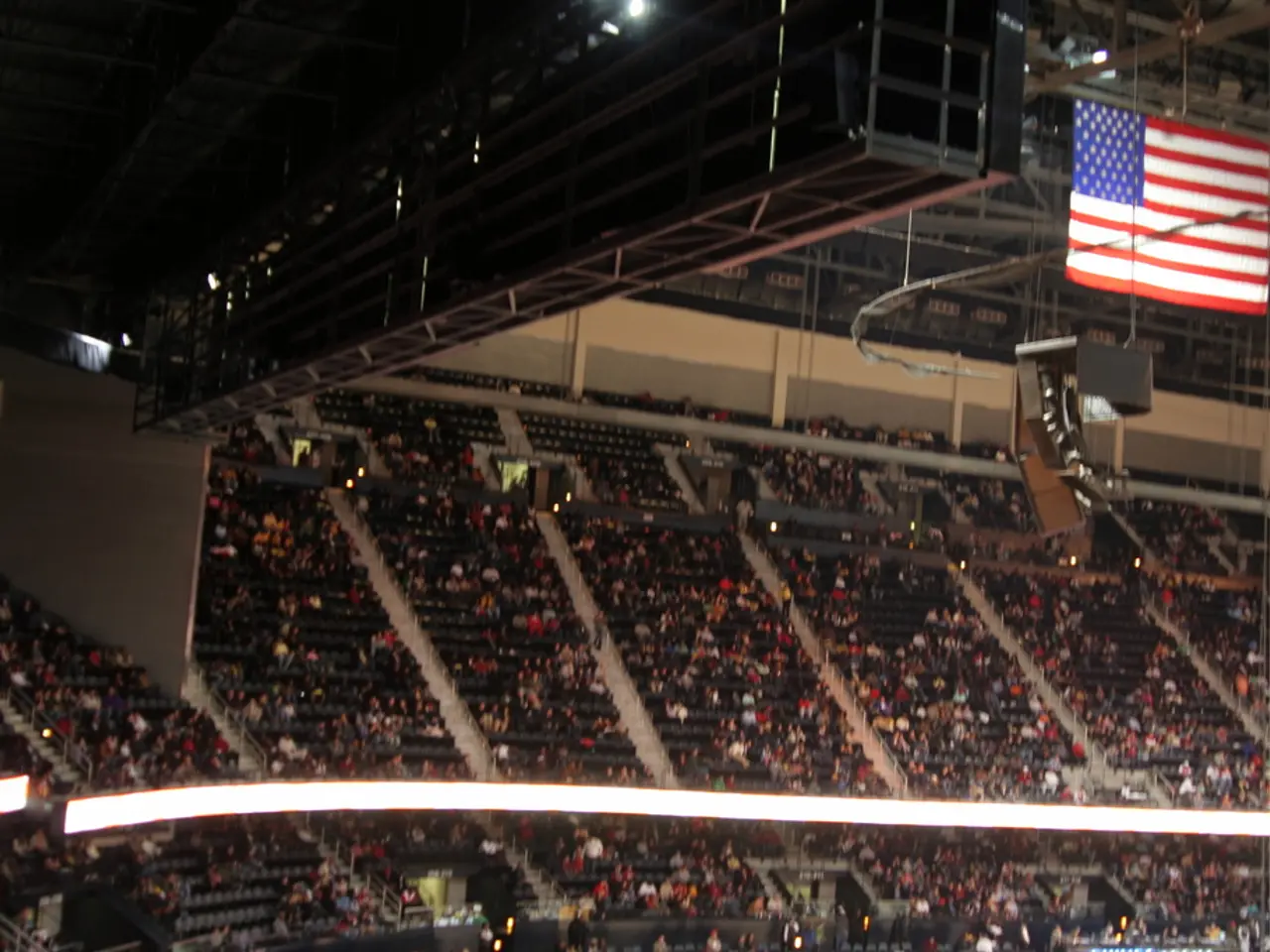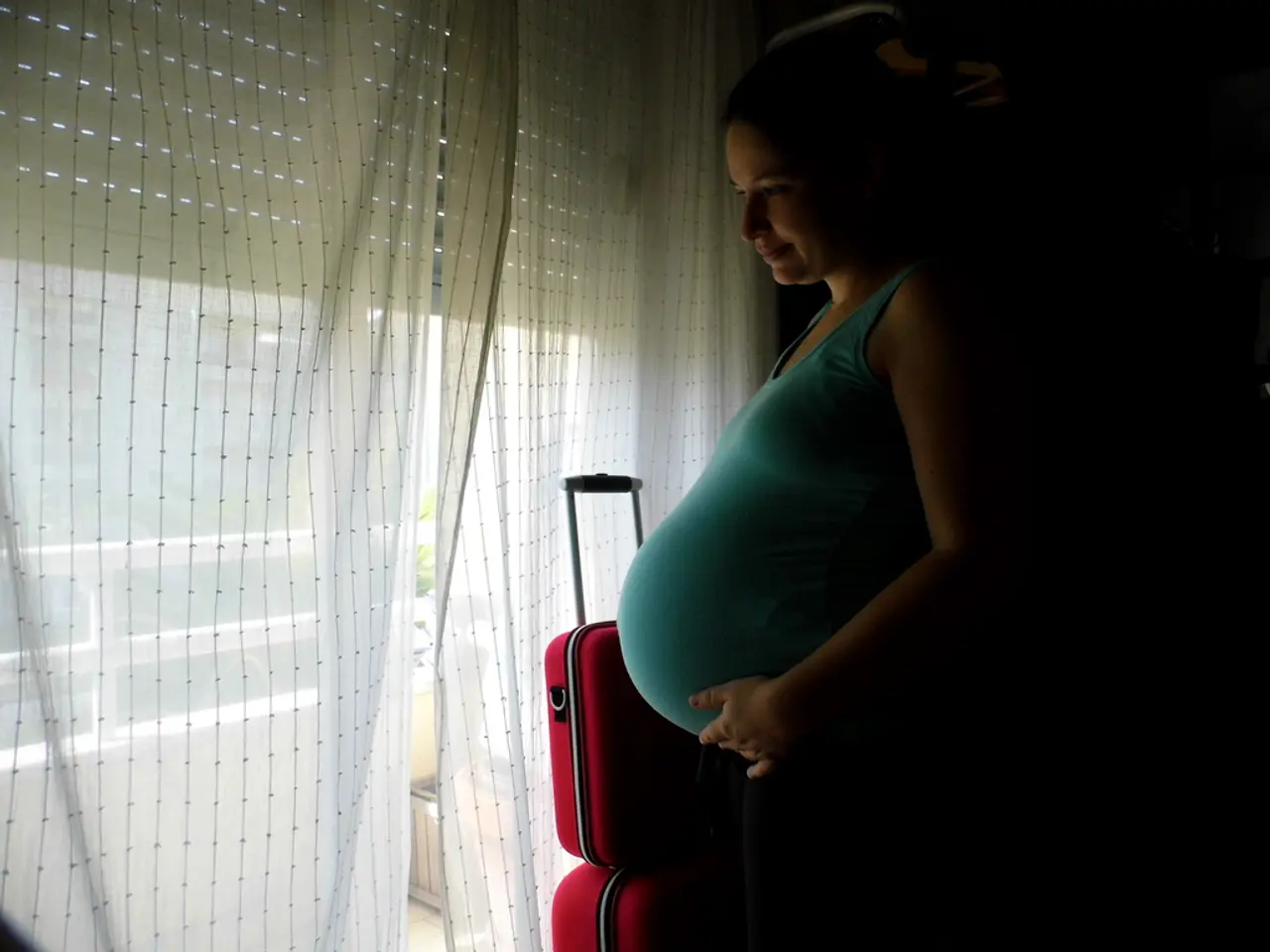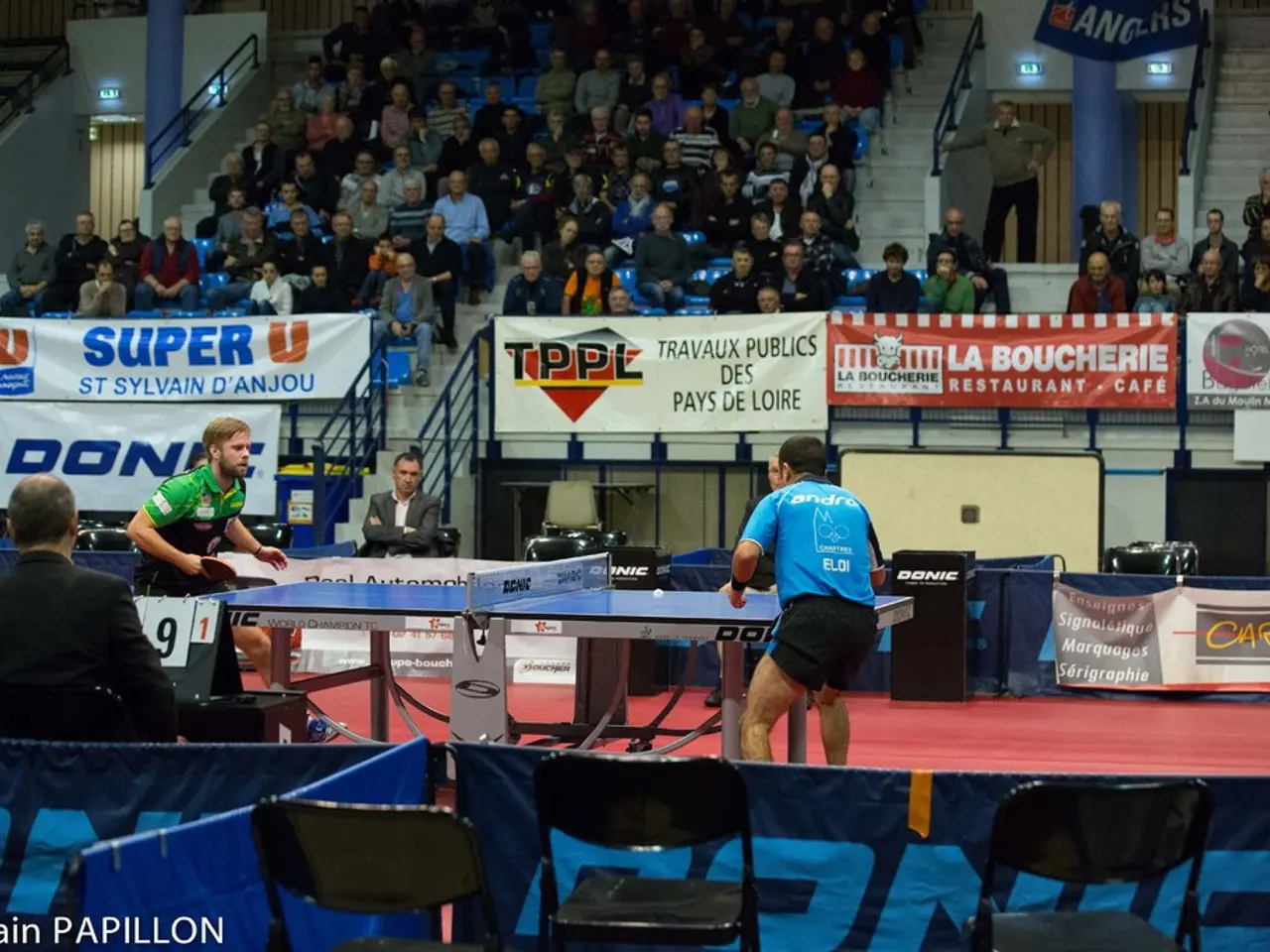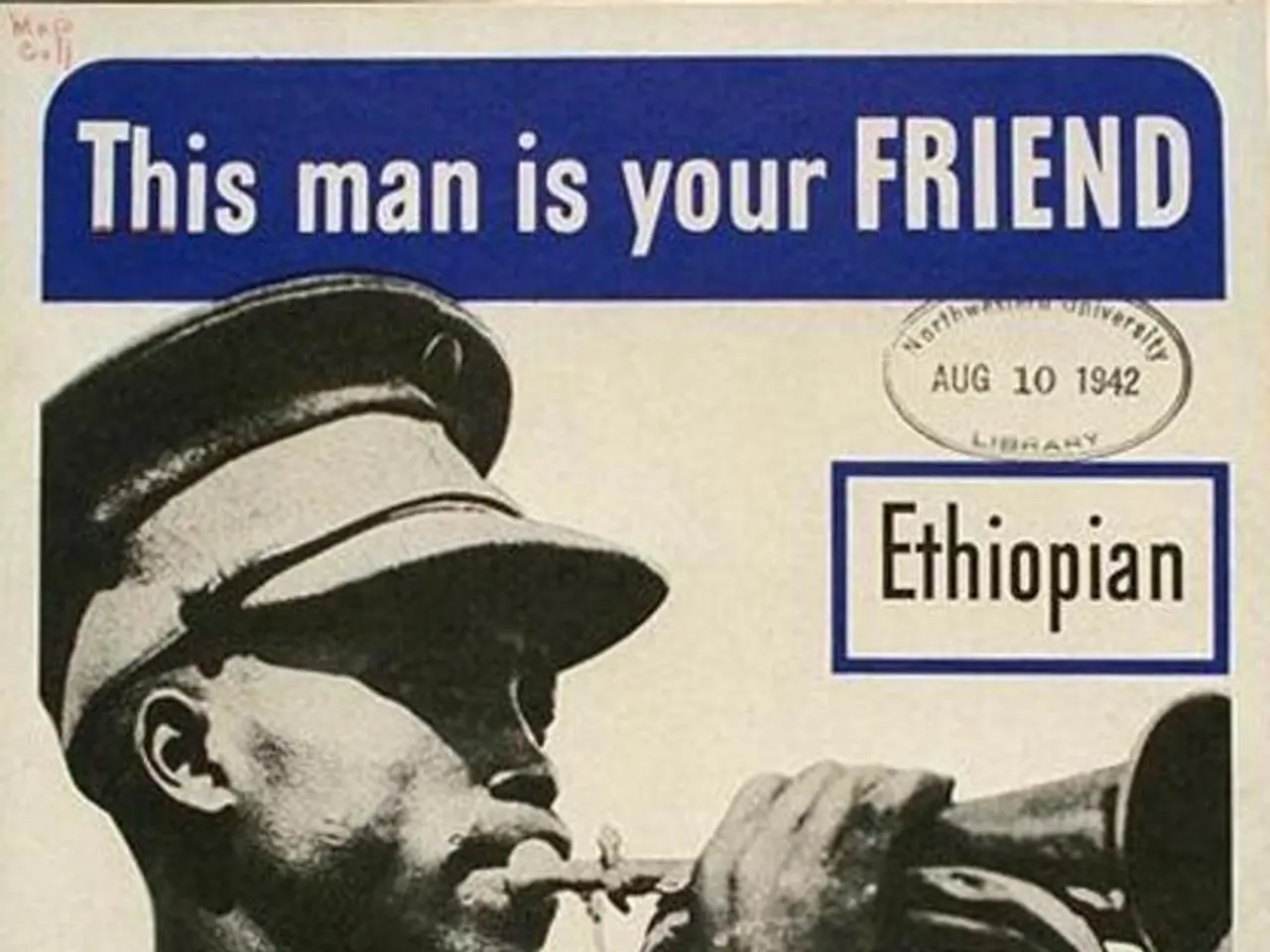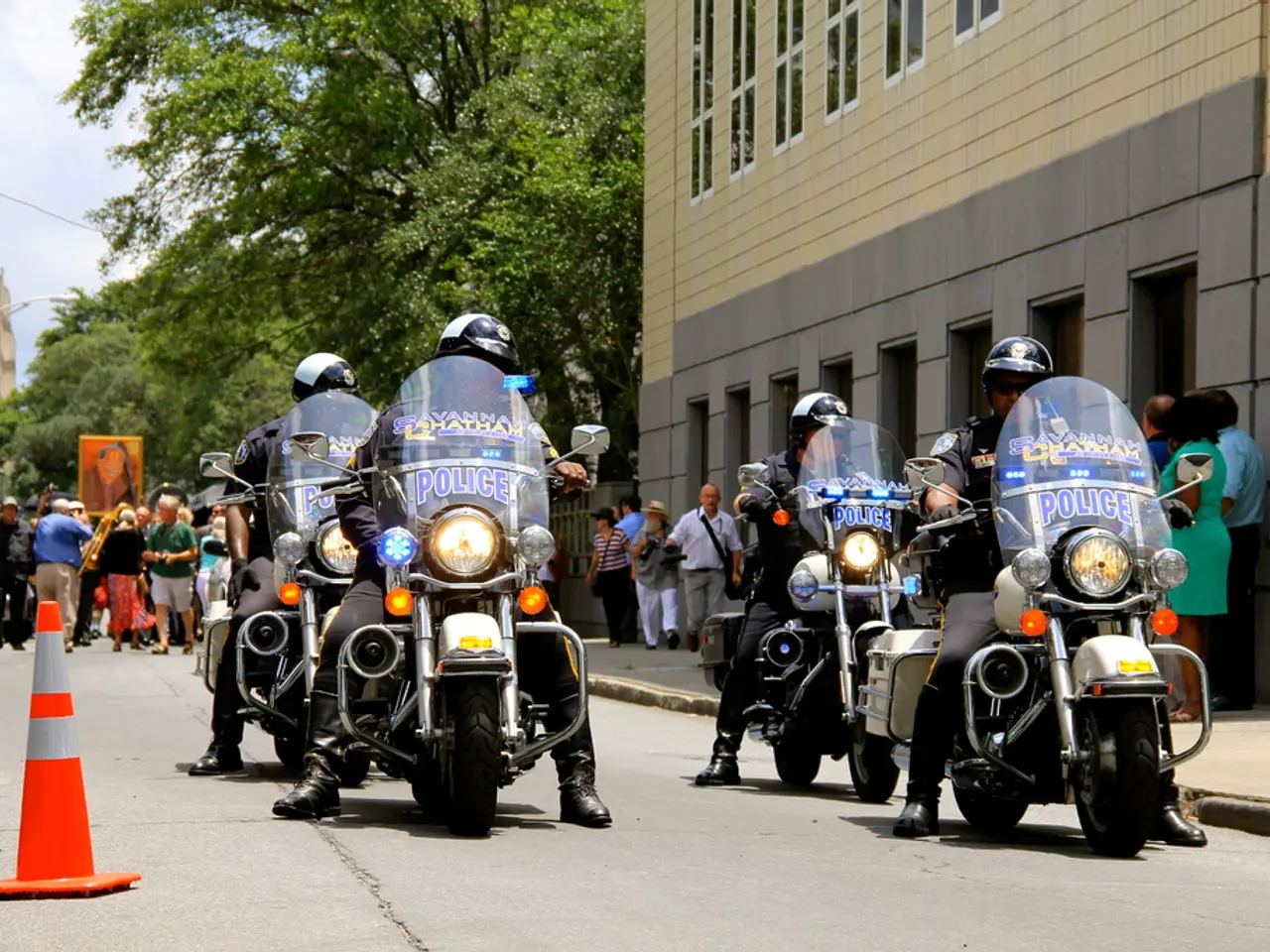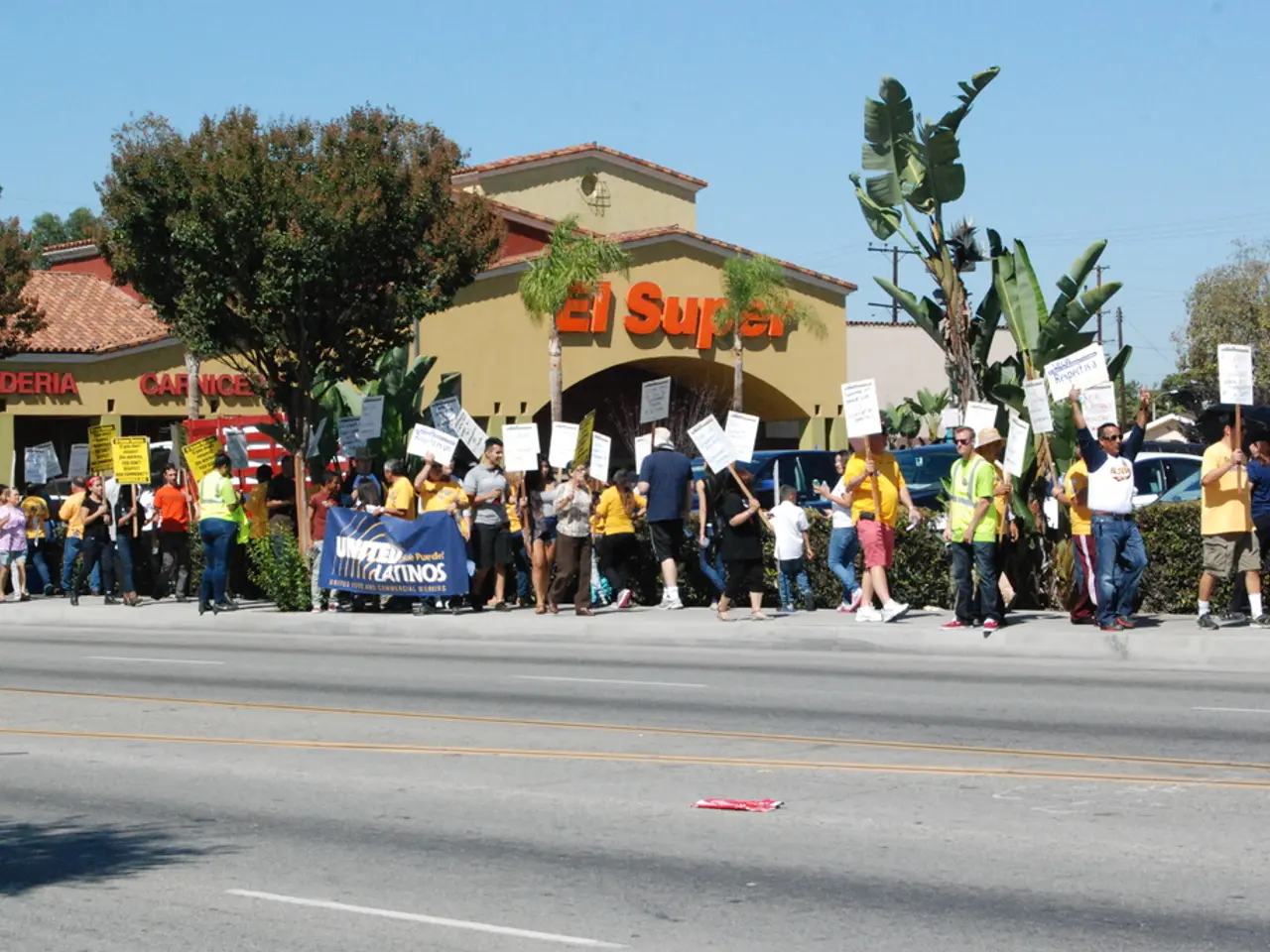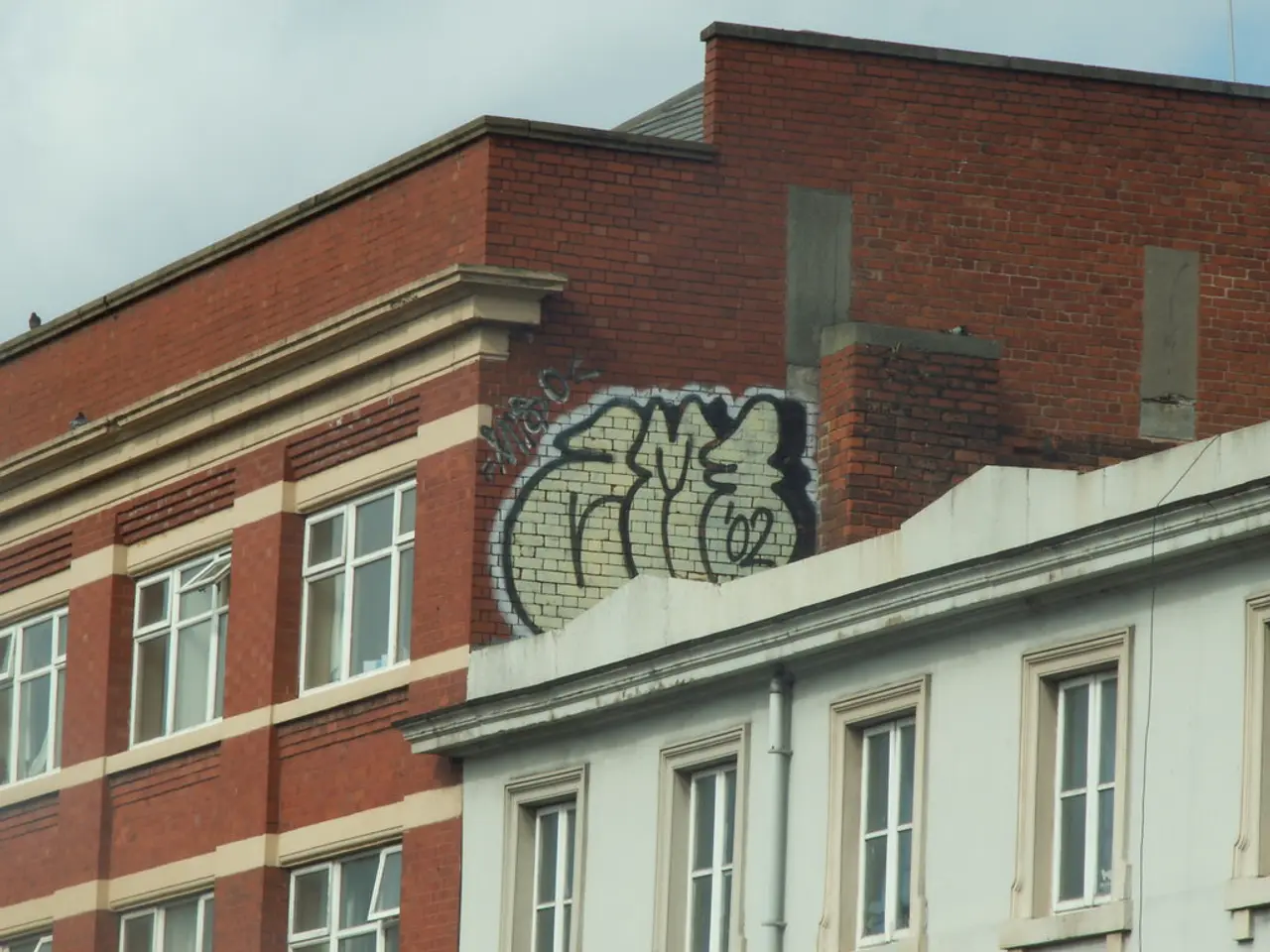Stadium blueprints for Cleveland Browns face disruption following allegations of significant infraction
**Cleveland vs. Brook Park: The Legal Battle Over the Cleveland Browns' Relocation**
In a surprising turn of events, the city of Cleveland has taken legal action against the Cleveland Browns, aiming to prevent the NFL team from moving to Brook Park, a nearby suburb. The lawsuit, filed earlier this year, alleges that the Browns are in breach of their lease and Ohio's Art Modell law, a statute designed to give communities leverage when sports teams seek to leave taxpayer-supported stadiums[1][3].
The Browns' plans to build a new $2.4 billion stadium in Brook Park have been well-documented, with the team already purchasing 176 acres of land and securing funds for the project[1][4]. However, Cleveland officials are not ready to let go of their beloved team just yet. They have asked Cuyahoga County Common Pleas Judge Lauren Moore to issue a ruling that would force the Browns to halt all work on the planned move, including funding, official permitting, construction, servicing, maintenance, and operation of the new stadium[1][2].
The city's arguments centre around the Browns' negotiations and steps to leave the city, which they claim violate the lease's prohibition on such actions. Additionally, the city accuses the team of violating terms of the lease, including a provision that requires the team to 'hold, maintain and defend its rights to play professional football in the City of Cleveland'[1][3].
The state of Ohio has already set aside $600m for the stadium project, making up a quarter of the cost[1]. Despite this, it seems the city of Cleveland will do everything possible to keep the Browns where they are. The NFL has made its preference for indoor venues clear, with commissioner Roger Goodell suggesting that the proposed new stadium 'would clearly be Super Bowl material'[5].
Should Judge Moore grant the city's request, it would stall hopes that the Browns could move to Brook Park for the 2029 season, with a groundbreaking previously set for 2026. The city is also exploring development options for the lakefront area occupied by the Browns’ current stadium, signaling preparations for a future potentially without the team[2][3].
This legal battle is far from over, and it remains to be seen whether the Browns will be able to make their planned move to Brook Park. Stay tuned for updates on this developing story.
[1] Cleveland.com, "Cleveland Browns stadium lawsuit: What you need to know", 2025. [2] The Plain Dealer, "Cleveland Browns stadium lawsuit: What's next after judge denies team's request to dismiss case", 2025. [3] ESPN, "Cleveland Browns stadium lawsuit: What you need to know", 2025. [4] Sports Illustrated, "Cleveland Browns stadium lawsuit: Judge denies team's request to dismiss case", 2025. [5] NFL.com, "NFL commissioner Roger Goodell on Cleveland Browns' proposed stadium: 'It would clearly be Super Bowl material'", 2024.
The Cleveland Browns, a popular American football team, have plans to build a new stadium in Brook Park, as reported by various sports outlets. However, Cleveland, their current home city, is determined to prevent this move, filing a lawsuit that alleges breach of lease and violation of the art Modell law [1][3]. Despite the state of Ohio allocating $600m for the stadium project [1], the city is challenging the Browns' negotiations and steps for relocation, including construction, permitting, and funding. The outcome of this legal battle remains uncertain, with potentially significant implications for both the city and the NFL team [1][2][3].
